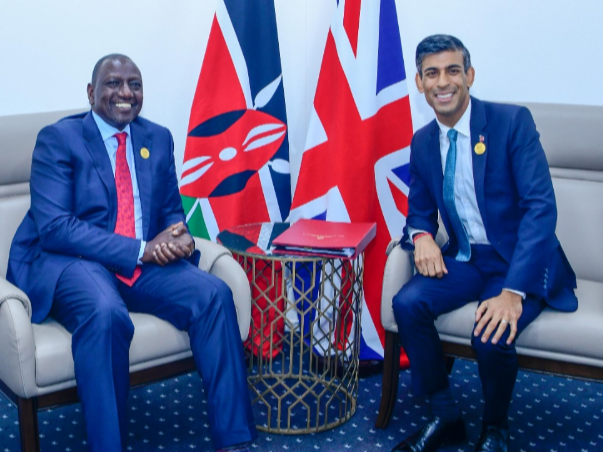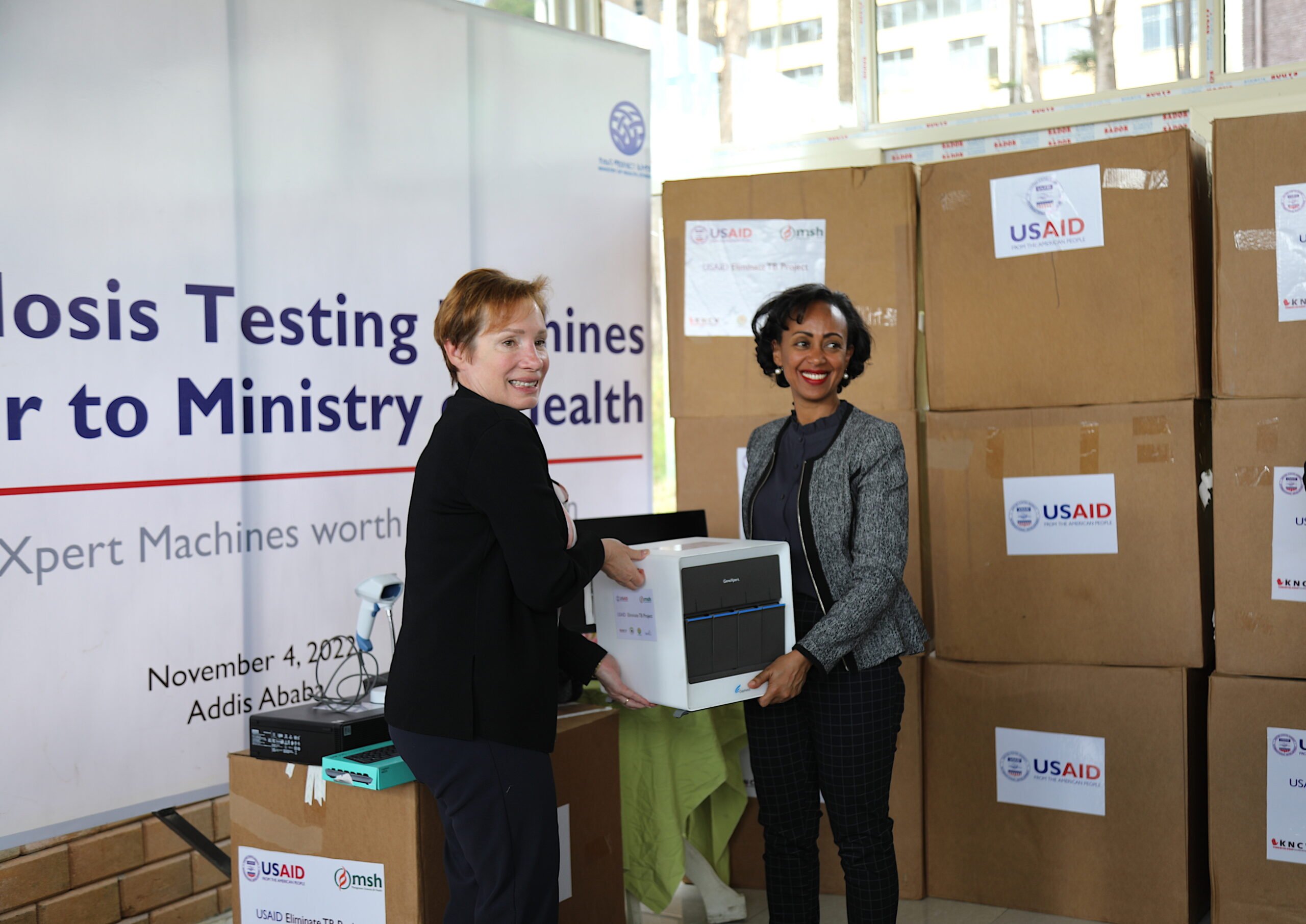The United States government has pledged to provide USD 150 million to help African countries adapt to the effects of climate change.
This announcement was made by the United States Special Presidential Envoy for Climate, John Kerry, and the President of COP 27, Sameh Shoukry at the COP27 in Sharm El Sheikh, Egypt.
Both leaders said the funding will primarily support adaptation interventions in Africa, saving the lives of millions, especially in poor countries most affected by climate change and an additional USD 15 billion would also be invested in food, water & energy initiatives.
“The key challenge for African countries is accessing climate action funding,” said John Kerry.
A few days ago, COP27 Sharm-El-Sheikh Adaptation Agenda was launched to recognize the need to support more climate adaptation actions while enhancing resilience to climate change.
“This agenda comprises a total of 30 global adaptation outcome targets by 2030 that are urgently needed to address the adaptation gap and increase the resilience of 4 billion people through accelerating transformation across five impact systems: food and agriculture, water and nature, coastal and oceans, human settlements, and infrastructure,” said Minister Sameh Shoukry.
The COP president emphasized that Egypt, an African nation, is aware of the continent’s adaptation challenges. As such, building strong collaboration with the United States to develop a diverse package of support for Africa in the field of adaptation and resilience can bring some relief to Africa.
Climate finances remain a significant priority for poor and developing countries here at COP27. Most of the developing countries, including Africa, contribute the least to the emissions of Green House Gases yet suffer the most. So, many have been demanding additional funding to address the impacts they are suffering.
At COP27 in Glasgow, world leaders committed to setting new national emission reductions by reducing global warming by 1.5 °C, doubling adaptation finance, curbing methane emissions, halting forest loss, accelerating the phase-out of coal, and ending international financing for fossil fuels, among other things.
All these were geared at finding concrete solutions to the global climate emergency, including mitigation, adaptation, resilience, loss, and damage.
Climate finance is simply money paid by wealthy countries responsible for most of the historical emissions to developing countries to help them pay for emissions reduction measures and adaptation.
United States Special Presidential Envoy for Climate John Kerry said “unprecedented” investment in clean energy is needed to limit warming to 1.5°C and avert catastrophic climate impacts on communities worldwide.
“Annual clean energy investment must triple to $4.2 trillion by 2030, with over half of that investment needed for emerging and developing economies.”


